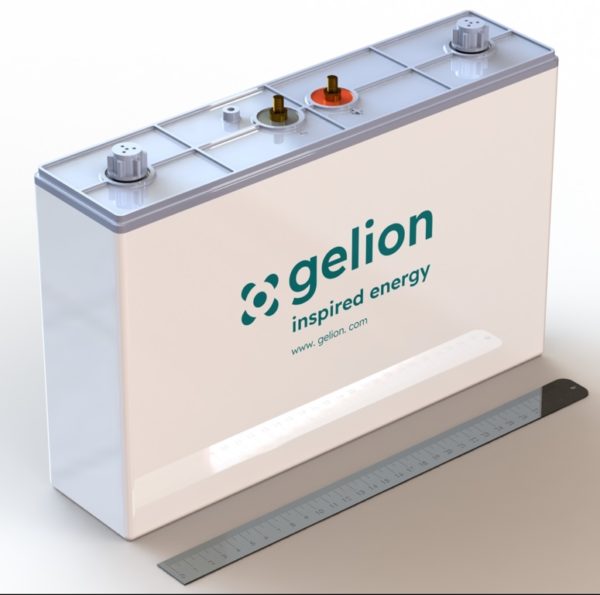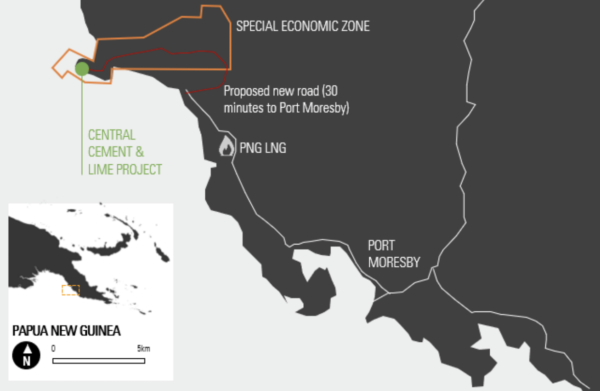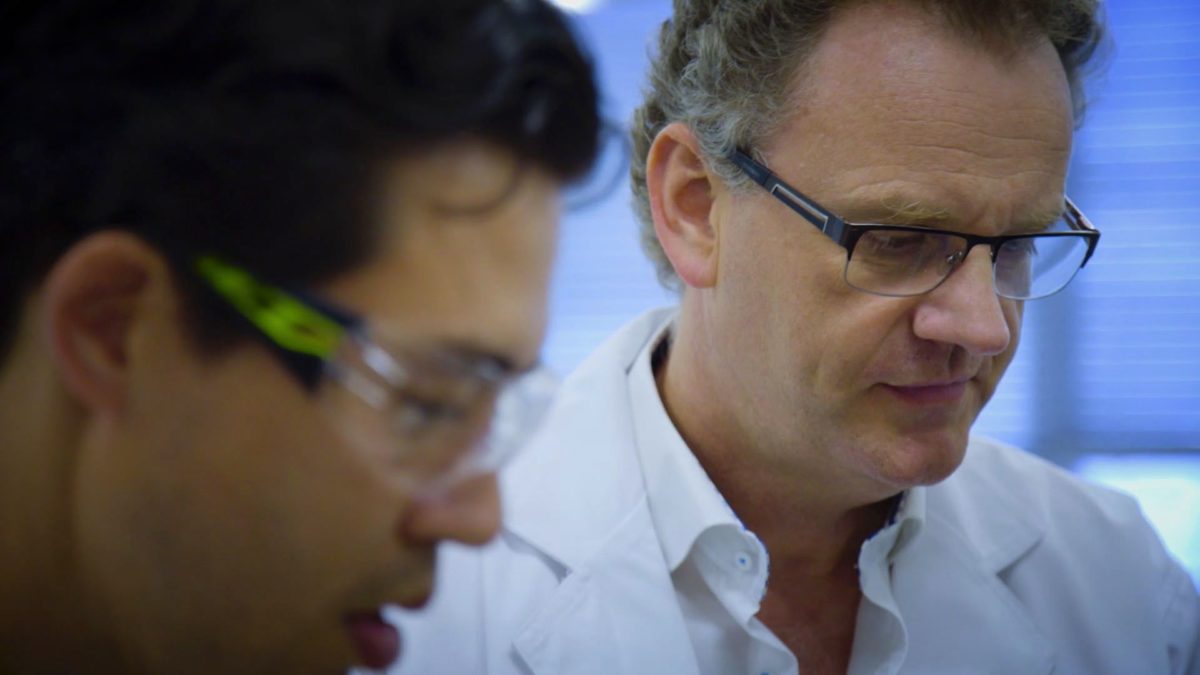Gelion Technologies has today announced its partnership with Mayur Renewables, a division of ASX-listed company Mayur Resources which is seeking to produce carbon neutral lime and cement as well as develop a renewable energy portfolio in Papua New Guinea.
The newly signed memorandum of understanding (MoU) will see Gelion supply Mayur Renewables with its zinc-bromide Endure batteries, which the company is currently bringing into full commercialisation. It is initially looking to deliver 100 MWh of energy storage to Mayur from 2022 to 2027.

Gelion Technologies
In addition to the battery offtake, Mayur will also act as sales agent and sole distributor for Gelion in Papua New Guinea.
“The heat-resistant Endure battery is ideal for conditions in PNG and we look forward to supplying Mayur with energy storage capability to support and boost their operations,” Gelion CEO Andrew Grimes said.
Mayur’s Managing Director Paul Mulder said Gelion can also support its nation-building vision for PNG. “It’s fantastic to get in on the ground floor with Gelion, which has the technology and lower-installed cost to enable Mayur to increase renewable energy penetration at a faster rate than with existing technologies,” he said.
Gelion is marketing itself as a safer alternative to lithium-based battery chemistries, as well as being far more “abuse tolerant.” Despite its newness, Gelion is seeking to bring the Endure batteries into the market at a remarkably competitive $100 per kWh. It says its novel manufacturing approach and highly engineered design have allowed it to enter with such a low cost offering.

Mayur Resources
“Only 13% of PNG is electrified. Most of the current power generation capacity relies on diesel or heavy fuel oil, which is not sustainable in today’s energy market. Gelion’s robust and scalable zinc-bromide Endure batteries, coupled with large-scale solar energy could provide remote PNG communities with an affordable, renewable and robust solution for their energy needs,” Mulder added.
The partnership announcement follows the completion of Mayur’s renewable energy study for its recently granted Special Economic Zone in Papua New Guinea, which confirmed a solar capacity of around 500 MW could be installed. In terms of scale, that’s just shy of the island’s total installed power capacity, which sits at 580 MW. Mayur says the solar farm would not only provide a source of renewable energy for its planned Central Cement & Lime (CCL) Project, but would also provide energy for other industrial users and could also be used to power local communities without access to electricity.
This content is protected by copyright and may not be reused. If you want to cooperate with us and would like to reuse some of our content, please contact: editors@pv-magazine.com.









1 comment
By submitting this form you agree to pv magazine using your data for the purposes of publishing your comment.
Your personal data will only be disclosed or otherwise transmitted to third parties for the purposes of spam filtering or if this is necessary for technical maintenance of the website. Any other transfer to third parties will not take place unless this is justified on the basis of applicable data protection regulations or if pv magazine is legally obliged to do so.
You may revoke this consent at any time with effect for the future, in which case your personal data will be deleted immediately. Otherwise, your data will be deleted if pv magazine has processed your request or the purpose of data storage is fulfilled.
Further information on data privacy can be found in our Data Protection Policy.